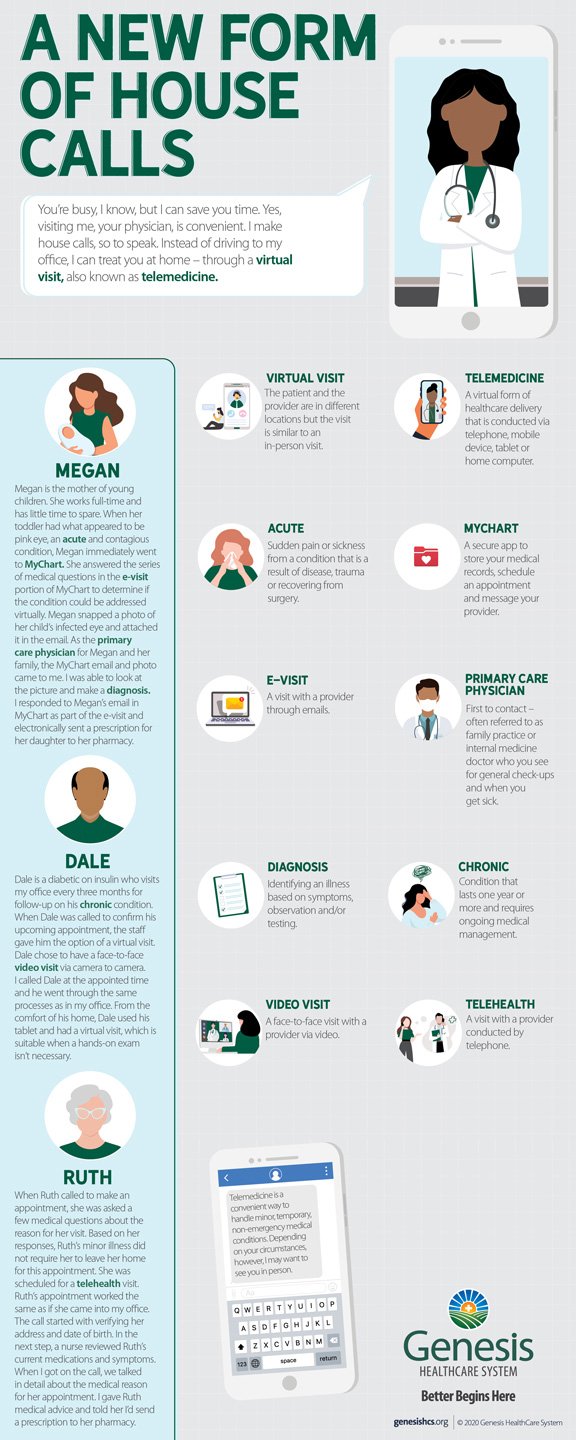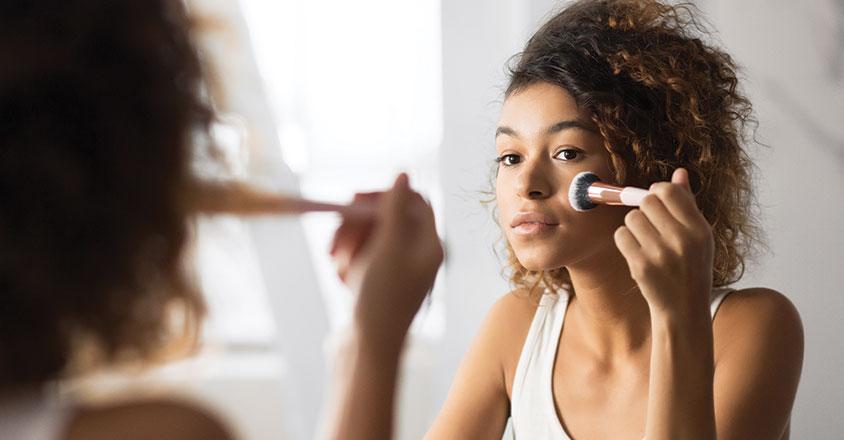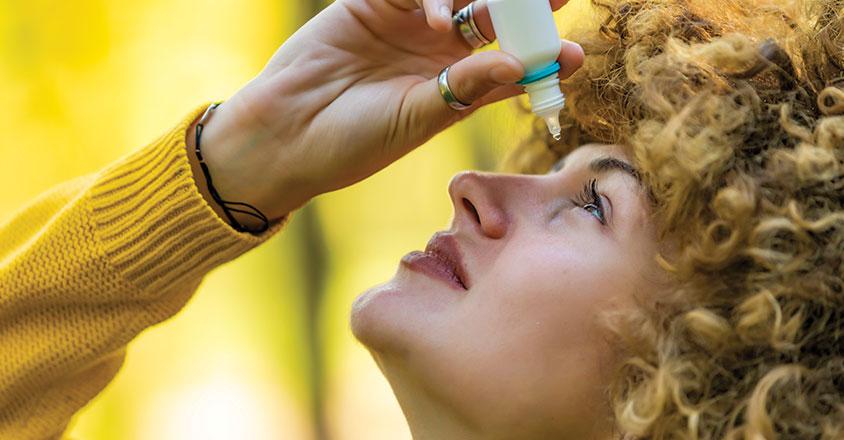The “smile lines” we all have as we age – otherwise known as wrinkles – are they inevitable? You may be wondering: What causes wrinkles and other skin problems as you age? Can you prevent them? Is dry skin a sign of aging skin? Once you have wrinkles, dry skin, etc. – is there anything you can do to get rid of them? We explore those questions and more.
Most of us will get wrinkles as we age. The degree to which you get them depends on many factors, including genetics. But there are steps you can take to minimize skin problems associated with getting older. Having healthy skin – wrinkled or not – should be your main goal.
Don’t be misled into thinking your skin aging begins when you hit the half-century mark. It starts in your 30s. Here’s what happens:
In our 20s
· Baby fat disappears
· Skin cell turnover is at its best
· The skin’s support structure, collagen and elastin, remains firm and resilient
In our 30s
· Skin cell turnover begins to slow down
· Dullness and pigmentation problems begin
· Lines and texture changes show up
· Sun damage and brown patches may appear on the hands, cheeks, eyes, forehead and lips
In our 40s, 50s and beyond
· Skin cell turnover slows dramatically resulting in less radiant skin
· Collagen and elastin decrease leading to fine lines and wrinkles
· Hormonal changes can alter your usual skin type (dry to oily and vice versa)
Start early for good skin health
The leading cause of skin problems and wrinkles is sun damage. And that starts at a young age. Exposure and overexposure to the sun is damaging to the skin and creates most of our fine lines and wrinkles. Collagen and elastin are affected, leading to thinning of the skin, causing sagging and loss of firmness.
Most damaging – DNA is altered, leading to possible skin cancer. Even the less serious of skin cancers – basal cell – needs treated, potentially causing scarring. The most serious form of skin
cancer is melanoma, and it can be life-threatening. Protecting your skin from the sun is imperative for not only your skin’s health but also for your overall health.
The American Academy of Dermatology recommends you practice a comprehensive sun protection program including:
· Avoiding outdoor activities between 10 a.m. and 4 p.m. when the sun’s rays are the strongest
· Seeking shade whenever possible
· Wearing a broad-spectrum sunscreen with a Sun Protection Factor (SPF) of at least 15
· Wearing sun-protective clothing.
Be aware – medications and anti-aging ingredients found in makeup and other facial products can increase your skin’s sensitivity to the sun. For example: Alpha-Hydroxy Acids (AHA), commonly known as glycolic acid, lactic acid, citric acid and mixed fruit or triple fruit acid can cause possible sunburn even with a shorter exposure time.
Speaking of anti-aging skin care products, there are many products available with many ingredients. Many of them can be a benefit – good, smart choices may create healthy, beautiful skin. Do your research and make sure the products are approved by the Food & Drug Administration (FDA).
Enjoy a lifetime of healthy skin
The bottom line is – take good care of your skin every day of your life, and you’ll enjoy healthy skin for a lifetime. Here are some easy things you can do:
· Cleanse your face twice a day using the product best for your skin type
· Exfoliate
· Moisturize
· Protect yourself from the sun
· Remove makeup at bedtime
· Use additional products for specialty concerns – under eye cream, extra hydration, oil control
· Avoid the use of harsh products with alcohols, detergents, synthetic and/or petroleum ingredients
· Stay hydrated – drink water
Resource: Relevate









